Looking to take your relationship to a new level? Here are some stages of love for a man and women, that will teach you what falling in love really means.
We all want real, lasting love, whether we are in our 20’s, 30’s, 40’s, 50’s, or beyond. Yet too many marriages fall apart and most people don’t know why.
They mistakenly believe that they have chosen the wrong partner. After going through the grieving process, they start looking again. But after more than forty years as a marriage and family counselor, I have found that most people are looking for love in all the wrong places.
They don’t understand that Stage three of the five stages of love is not the end, but the real beginning for achieving real, lasting love.
The 5 Stages of Love In A Relationship
Stage 1: Falling in Love
Falling in love is nature’s trick to get humans to pick a mate so that our species carries on. It feels so wonderful because we are awash in hormones such as dopamine, oxytocin, serotonin, testosterone, and estrogen. Falling in love also feels great because we project all our hopes and dreams of our lover.
We imagine that they will fulfill our desires, give us all the things we didn’t get as children, deliver on all the promises our earlier relationships failed to fulfill. We are sure we will remain in love forever. And because we are besotted with “love hormones,” we’re not aware of any of this.
Related: How To Navigate The Stages of Love and Build A Healthy Relationship
When we’re in love, we dismiss naysayers like curmudgeon George Bernard Shaw who cautioned:
When two people are under the influence of the most violent, most insane, most delusive, and most transient of passions, they are required to swear that they will remain in that excited, abnormal, and exhausting condition continuously until death do them part.
Stage 2: Becoming a Couple
At this stage, our love deepens and we join together as a couple. This is a time when we have children and raise them. If we’re past the child-rearing stage, it’s the time when our couple bond deepens and develops. It’s a time of togetherness and joy. We learn what the other person likes and we expand our individual lives to begin developing a life of “the two of us.”
During this phase, we experience less of the falling head-over-heels “in love” feelings. We feel more bonded with our partners. We feel warm and cuddly. The sex may not be as wild, but it’s deeply satisfying. We feel safe, cared for, cherished, and appreciated. We feel close and protected. We often think this is the ultimate level of love and we expect it to go on forever. We are often blind-sided by the turn-around of stage three.
Stage 3: Disillusionment
No one told us about Stage three in understanding love and marriage. Stage three is where my first two marriages collapsed and for too many relationships this is the beginning of the end.
This is a period where things begin to feel bad. It can occur slowly or can feel like a switch is flipped and everything goes wrong. Little things begin to bother us. We feel less loved and cared for. We feel trapped and want to escape.
We become more irritable and angry, or hurt and withdrawn. We may stay busy at work, or with the family, but the dissatisfactions mount. We wonder where the person we once loved has gone.
We long for the love we once had, but we don’t know where it went, or how to get it back. One of the other partners wants out, or sometimes people go on “existing together,” but without really feeling intimate.
Related: The Eight Kinds Of Love
This is a time we often get sick in body, mind, and soul. In our marriage, Carlin and I both began having problems with our hearts (heartache?) and were diagnosed with atrial fibrillation.
I began having serious problems with erections. To be truthful, there were times when it was miserable and we both thought about leaving the relationship.
But we didn’t give up, we kept going. There’s an old adage, “When you’re going through hell, don’t stop.” This seems to be true of this stage of life.
The positive side of Stage three is that the heat burns away a lot of our illusions about ourselves and our partner. We have an opportunity to become more loving and appreciate the person we are with, not the projections we had placed on them as our “ideal mate.”
Carlin and I have now been together over thirty-five years. We’ve moved into the next stages of love and feel blessed to have learned the skills for negotiating the stage of disillusionment and can truly enjoy the later stages of love.
Stage 4: Creating Real, Lasting Love
One of the gifts of confronting the unhappiness in Stage three is we can get to the core of what causes the pain and conflict. Like most people, Carlin and I grew up in families that were dysfunctional.
Both my father and mother suffered from depression and my Dad tried to take his own life when I was five years old. Carlin’s father was an angry, violent man. Her mother left him in order to protect herself and her daughter. We all have wounds and the wounds need healing if we’re to have a relationship that is real and loving.

Ongoing research from The Adverse Childhood Experiences (ACE) Study demonstrates conclusively that childhood trauma can impact our physical, emotional, and relational health. For the first time, I made the connection between my father’s attempted suicide when I was five and my adult depression and erectile dysfunction.
Carlin and I learned to be allies in helping each other understand and heal our wounds. As we began to heal, the love and laughter we thought we had lost began to flow again.
We began to see each other as wonderful beings who had suffered greatly in the past and had come together to love each other and help heal our old wounds from childhood.
Related: 6 Things You Should Know about True Love
There’s nothing more satisfying than being with a partner who sees you and loves you for who you are. They understand that your hurtful behavior is not because you are mean and unloving, but because you have been wounded in the past and the past still lives with you.
As we better understand and accept our partner, we can learn to love ourselves ever more deeply.
Stage 5: Using the Power of Two to Change the World
No one has to remind us that the world is not doing too well. There are continuous wars and conflicts. Racial violence seems to be everywhere. We wonder whether humans can survive. I wondered, “If we can’t even find peace between two people who love each other, what chance do we have to create a world that can work for all its peoples?”
But now, I look at the flip side of that question. If we can learn to overcome our differences and find real, lasting love in our relationships, perhaps we can work together to find real, lasting love in the world.
I believe that every couple has an opportunity to use the “power of two” to address some aspect of the world’s problems that touch their lives. Carlin and I are particularly tuned to issues that face men and women at midlife.
We are writing a book, You Two: Renewing Your Mid-Life Marriage for Real Lasting Love. If you’d like more information about our work, drop us a note through our website, www.MenAlive.com.
We’re also interested in your own journey. Please share your own experiences on the path of real, lasting love. Together we can make a difference in the world.
If you found this article on the five stages of falling in love relatable or helpful, share it with your partner and friends. Do comment your thoughts down in the comment section!
Frequently Asked Questions (FAQs)
What are the 4 phases of love?
The first phase is falling in love, the second phase is becoming a couple, the third is having an understanding about love and marriage and the fourth is about creating a long-lasting bond.
What’s the honeymoon stage of a relationship?
The honeymoon phase is when a couple’s relationship is in its early stages and everything seems carefree and pleasant.
At what point do most relationships end?
According to experts, early-stage relationships are particularly fragile, with the most likely period for a pair to split occurring around the two-year mark.
Written by Jed Diamond Ph.D Originally appeared in The Good Men Project




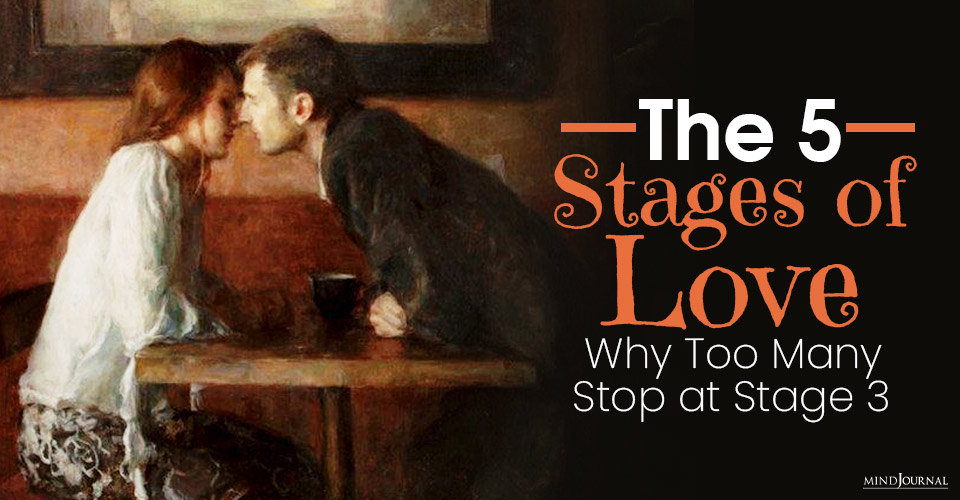
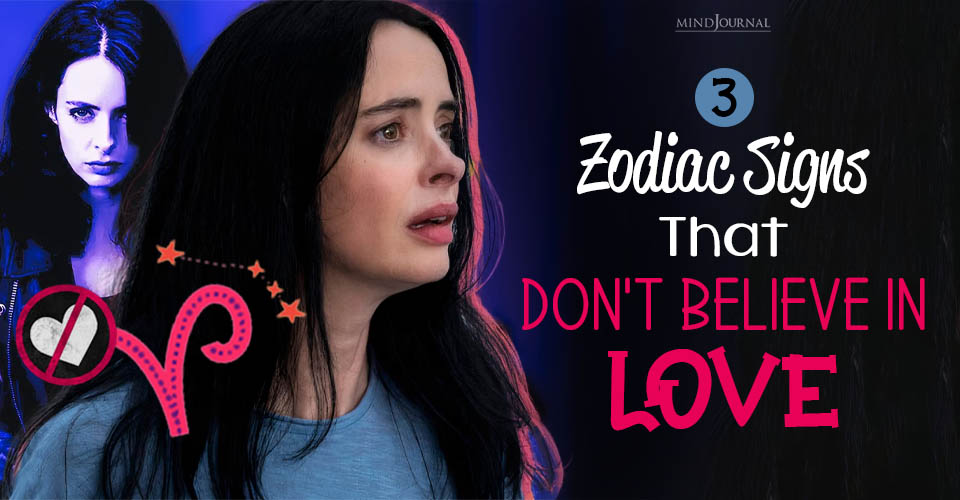


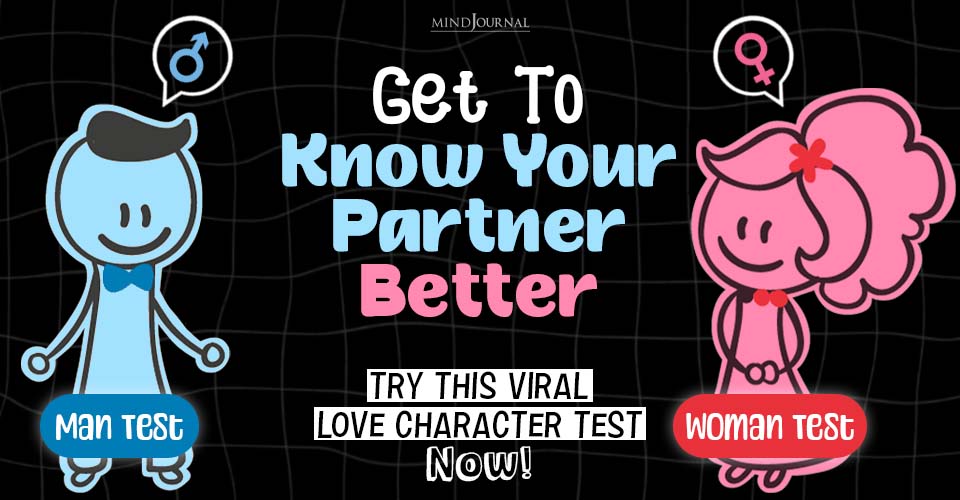
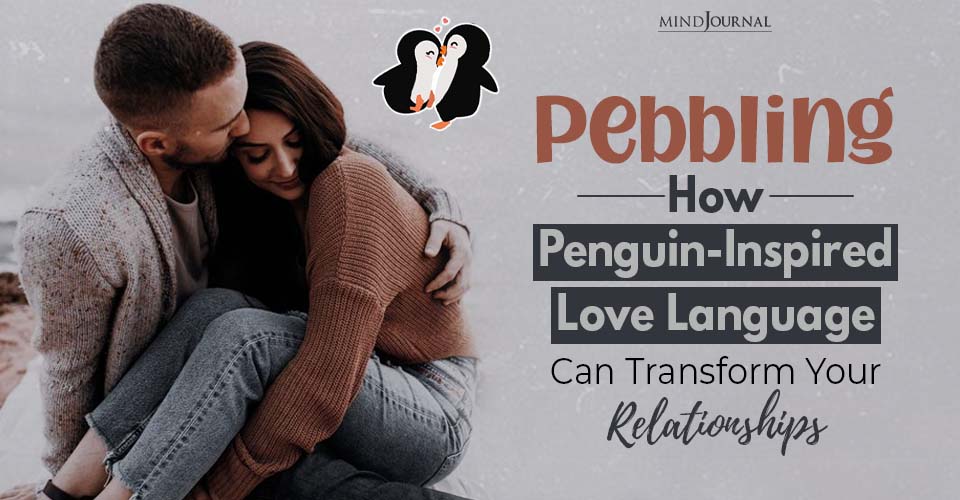
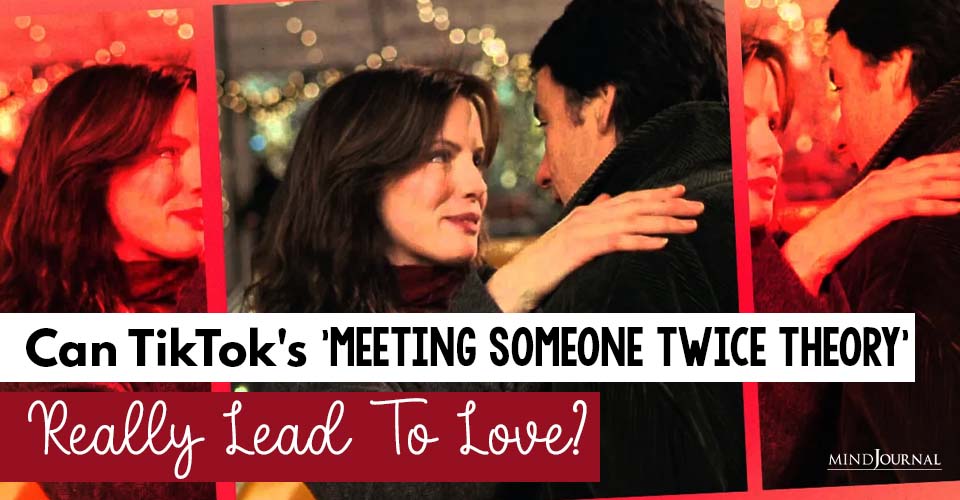
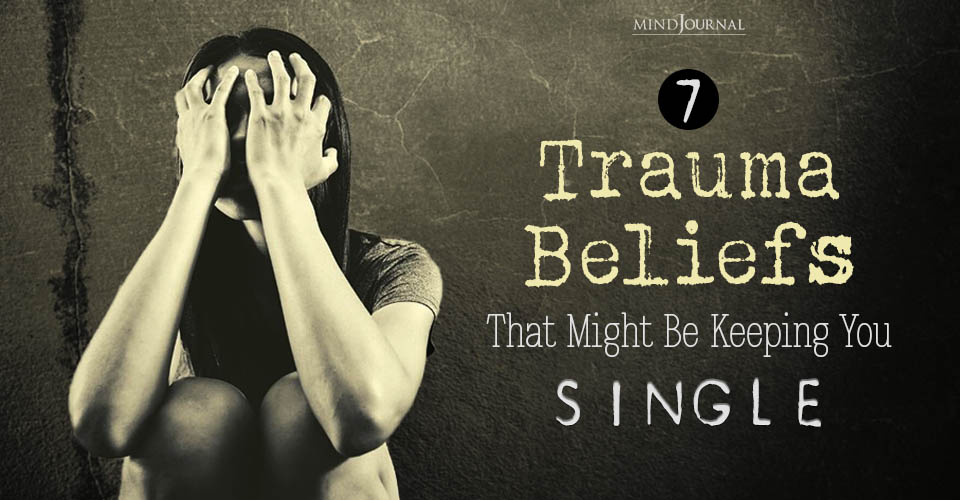
Leave a Reply